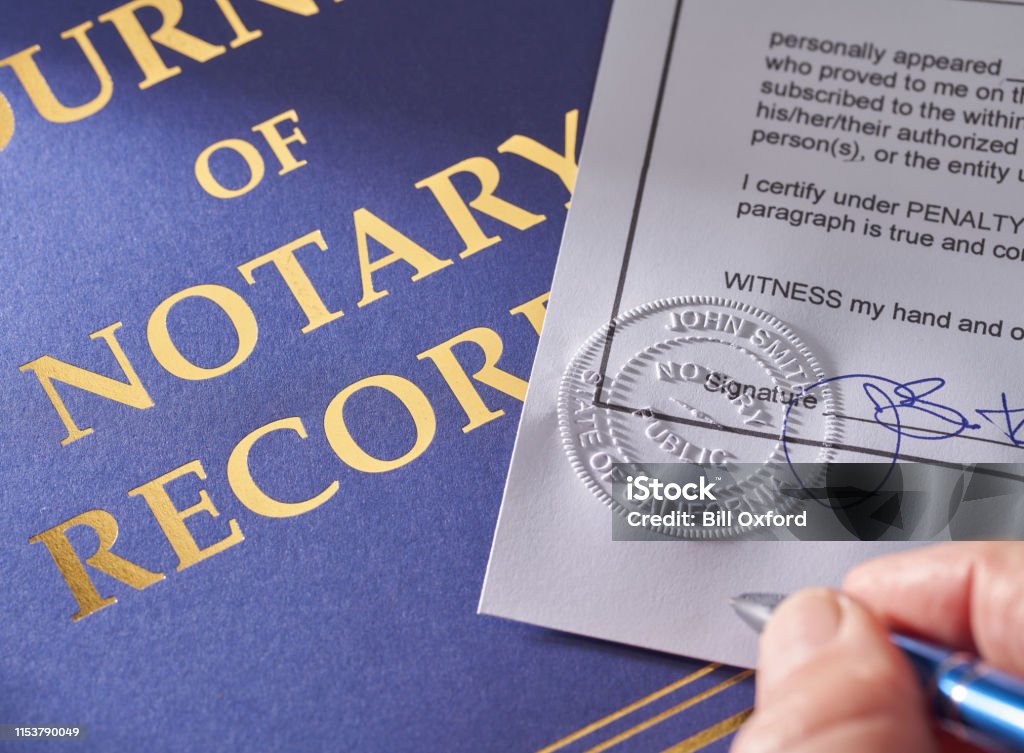
Introduction
Ensuring the authenticity and legality of trust agreements is crucial for safeguarding financial and estate-related transactions. For instance, a properly notarized trust agreement can prevent fraudulent claims and ensure the rightful distribution of assets. Trust agreement notarization plays a key role in verifying the identity of signatories, preventing fraud, and making the document legally binding. This article provides a comprehensive guide on the notarization process, its legal implications in Nepal, and why it is essential for secure financial planning.
What is Trust Agreement Notarization?
A trust agreement is a legal document outlining how assets are managed by a trustee for the benefit of designated beneficiaries. Notarization of a trust agreement involves the verification of the parties involved, ensuring the document is legally executed and recognized by courts, financial institutions, and government agencies.
The Process of Trust Agreement Notarization in Nepal
To ensure compliance with Nepalese law and prevent disputes, the following structured steps are necessary for notarizing a trust agreement: Notarization of a trust agreement in Nepal follows a structured legal process to confirm its authenticity. The key steps involved are:
1. Preparation of the Trust Agreement
- The trust agreement should be drafted by a legal professional, ensuring compliance with Nepalese trust laws.
- The document must include details about the trustor (settlor), trustee, beneficiaries, and terms of the trust.
2. Verification of Identity
- All parties involved must provide valid government-issued identification (e.g., citizenship certificate or passport).
- The notary public verifies their identity to confirm they are signing the document willingly and without coercion.
3. Witnessing of Signatures
- The notary public oversees the signing of the document.
- In some cases, additional witnesses may be required depending on Nepalese legal standards.
4. Application of Notarial Seal and Stamp
- Once signatures are verified, the notary public applies their official seal and signature, certifying the document’s authenticity.
- This stamp confirms that the trust agreement has been legally notarized and is valid for legal and financial purposes.
5. Record-Keeping and Filing
- A copy of the notarized trust agreement is often stored with the notary office.
- The trustor may also need to file the document with the relevant government authority or financial institution depending on the nature of the trust.
Benefits of Trust Agreement Notarization
The notarization of a trust agreement offers multiple benefits, enhancing its credibility and usability in legal and financial matters. Below are the key advantages:
1. Legal Validity and Enforceability
- A notarized trust agreement carries legal weight in courts and helps prevent disputes among beneficiaries.
- Ensures compliance with Nepalese Trusts Act and Notary Public Act.
2. Fraud Prevention and Security
- Reduces the risk of forgery, unauthorized alterations, or fraudulent claims.
- Strengthens the document’s credibility when presented before financial institutions or legal bodies.
3. Simplifies Legal Transactions
- Essential for property transfers, estate planning, and financial transactions involving trustees and beneficiaries.
- Allows easier processing of related legal documents such as wills, affidavits, and power of attorney.
4. Recognized in International Transactions
- A notarized trust agreement is often required for international legal processes, such as when an expat or foreign entity is involved.
- If needed, the document can be further apostilled or legalized for global acceptance. (Refer to Apostille of Documents).
When Do You Need Trust Agreement Notarization?
Trust agreement notarization is necessary in various legal and financial situations, including:
- Estate Planning – Ensuring that assets are properly managed and distributed after the trustor’s passing.
- Business and Investment Trusts – Protecting assets in corporate and investment structures.
- Real Estate and Property Transfers – Securing real estate transactions involving trust entities.
- Financial and Banking Transactions – When financial institutions require notarized trust documents for account management or asset protection.
Legal Framework Governing Trust Notarization in Nepal
In Nepal, notarization is governed by the Notary Public Act, 2063 (2006), which outlines:
- Roles and responsibilities of a notary public.
- Verification procedures for authenticating legal documents.
- Penalties for fraudulent notarization and misuse of legal documents.
Additionally, the Trusts Act, 2021, defines legal structures for trusts, ensuring that assets and responsibilities are properly administered.
Common Misconceptions About Trust Agreement Notarization
There are several misconceptions surrounding trust agreement notarization in Nepal. Below are some of the most common myths debunked with factual information and legal references.
- “Notarization makes a trust agreement legally binding.”
- While notarization adds credibility, it does not replace the need for a legally sound trust agreement drafted in compliance with Nepalese law.
- “Notarization is not necessary if the agreement is signed by all parties.”
- A notarized trust agreement holds more legal weight and reduces risks of forgery or disputes.
- “Any document can be notarized without verification.”
- Notaries must verify identities and the authenticity of documents before applying their seal.
Related Legal Services
For a seamless notarization experience, Notary Sewa provides professional services related to:
- Documents Notarization
- Affidavits and Sworn Statements
- Powers of Attorney
- Certification of Legal Documents
- Wills and Testament Notarization
- Business Contracts Notarization
Conclusion
Trust agreement notarization is an essential step in ensuring the legal validity, security, and enforceability of asset management documents. Whether for estate planning, financial transactions, or business dealings, notarization provides legal certainty and fraud prevention. To safeguard your trust agreements, consult a professional notary public in Nepal and ensure compliance with all legal requirements.
For professional notarization services, visit Notary Sewa today. Contact our experts for guidance, document verification, and seamless trust agreement notarization services.
